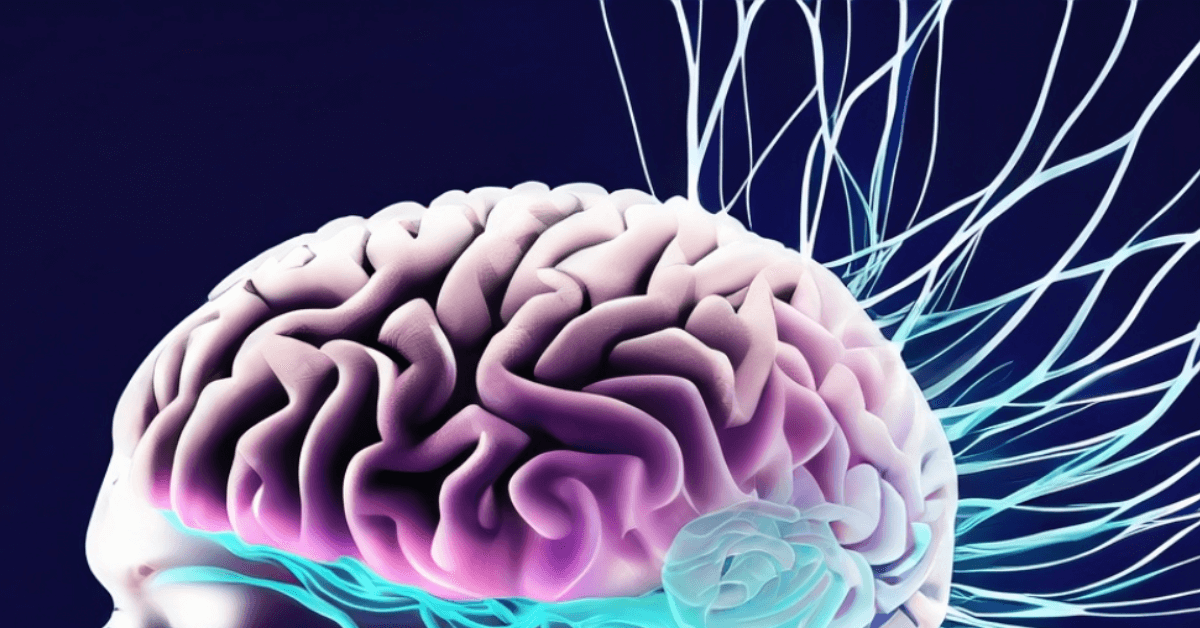August 2, 2023
Is culture driving us crazy—in a good way?
A Science Alert from late June of this year compared the chaotic patterns of the jet streams—the currents of air that wrap around our planet and affect weather—to a Van Gogh painting. They have become so chaotic as to be unrecognizable to climate scientists. “I’m honestly at a loss to even characterize the current large-scale planetary wave pattern,” the author of the study said.
Perhaps educators (and parents) could be added to the list of observers who see large-scale shifts in wave activity, but this time in the inner atmosphere: The brain. Neither brain waves nor quantum wave activity that underlies neural processes are well understood. But the argument can be made that, whatever drives the brain, the patterns are as unrecognizable as the jet stream. The brain is not acting ‘normally.’
The proof is as visible as patterns on weather radar. Over the past 20 years, the number of American children diagnosed with attention deficit hyperactivity disorder (ADHD) increased by nearly 70%. In parts of the U.S., close to 1-in-5 children are now diagnosed with the condition. Adults are close behind. The fastest-growing market…

